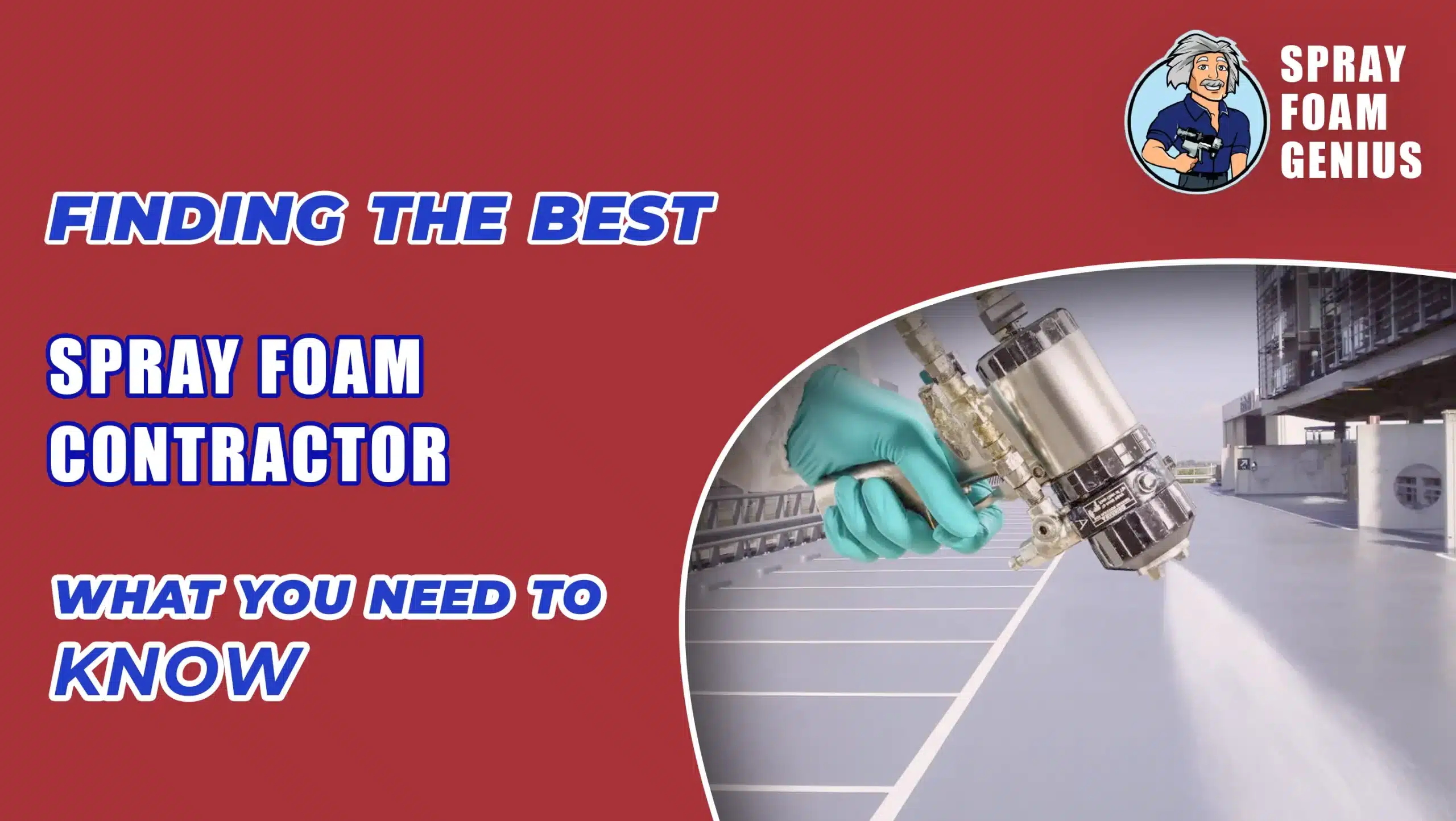
Properly installed spray foam insulation can significantly improve your home’s energy efficiency and comfort. However, even high-quality insulation won’t perform well if the installation is poorly executed. This guide will help you choose a qualified contractor with the experience and credentials necessary to do the job right.
Why Installation Quality Matters
A skilled installer ensures the insulation works effectively without introducing issues like moisture buildup, off-gassing, or structural damage. Poor workmanship can shorten the lifespan of the insulation and lead to costly repairs.
Check Licenses and Certifications
Before hiring a contractor, verify the following:
- A valid state license
- Any required local permits
- Proof of general liability insurance (preferably $1 million or more)
- Industry certifications, such as SPFA Professional Certification Program (PCP) or OSHA safety training
These credentials demonstrate that the contractor follows industry standards and safety practices.
Evaluate Experience and Previous Work
Ask to see photos or videos of previous projects, particularly those similar to your own (e.g., attics, basements, or commercial spaces). Check that their work includes:
- Consistent insulation depth
- Properly sealed utility openings
- Experience with local climate and building styles
Look at Online Presence and References
Search for the contractor’s business profile online. A reliable company will have:
- Positive customer reviews
- Accurate contact information
- Clear project examples or testimonials
When possible, contact past clients to hear about their experiences.
Request an In-Person Assessment
Before agreeing to any work, schedule an on-site visit. A qualified contractor should:
- Inspect the space thoroughly
- Discuss insulation types and R-values appropriate for the project
- Identify any moisture or ventilation concerns
Understand the Materials and Warranty
Types of Spray Foam
- Open-cell foam: Better for soundproofing, R-value around 3.5–4 per inch
- Closed-cell foam: Ideal for moisture resistance, R-value around 6–7 per inch
Warranty Considerations
Request written warranty details. Look for a workmanship warranty of at least 10 years that covers both material defects and installation errors.
Compare Proposals Thoughtfully
Don’t choose based on price alone. Review each quote for:
- Scope of work and material specifications
- Brand and quality of insulation
- Estimated timeline and labor plan
Avoid contractors who offer significantly lower prices without a clear explanation. They may cut corners or use lower-grade materials.
Warning Signs to Avoid
Watch for red flags, such as:
- Unlicensed or uninsured businesses
- Pushy sales tactics
- Unclear answers about materials or methods
- Lack of references or visible project history
Final Thoughts
Choosing the right spray foam contractor requires some research, but it pays off with better performance, safety, and peace of mind. Focus on verified experience, certifications, quality materials, and clear communication.
If you’re unsure where to start, ask for referrals from friends, neighbors, or local building supply stores. A reliable contractor will be transparent, professional, and willing to answer your questions.
If you’re ready to take the next step, here’s how to connect:
Spray Foam Genius Marketing
📞 USA: 877-840-FOAM
📞 Canada: 844-741-FOAM
📧 [email protected]
🌐 Visit Website
Frequently Asked Questions (FAQs)
1. How long does spray foam insulation typically last?
When properly installed, spray foam insulation can last for several decades without losing effectiveness.
2. Can spray foam insulation help lower my energy bills?
Yes, spray foam reduces air leaks and improves thermal performance, which can lead to noticeable savings on heating and cooling costs.
3. Is spray foam safe for people with allergies or asthma?
Once cured, spray foam is inert. However, ensure the space is ventilated properly during installation and curing to avoid exposure to fumes.
4. Do I need to leave my home during installation?
It depends on the project scope. Some areas may require temporary vacating during and shortly after spraying due to odor and ventilation needs.
5. What should I do if I notice a smell after installation?
A mild odor can linger for 24–48 hours. If it persists longer, contact your contractor to ensure the foam cured properly.
Spencer is a Google ranking expert and SEO consultant who has helped businesses in the spray foam marketing industry achieve their online marketing goals. Spray Foam Genius Marketing has a proven track record of success, having achieved some impressive results for his clients.

